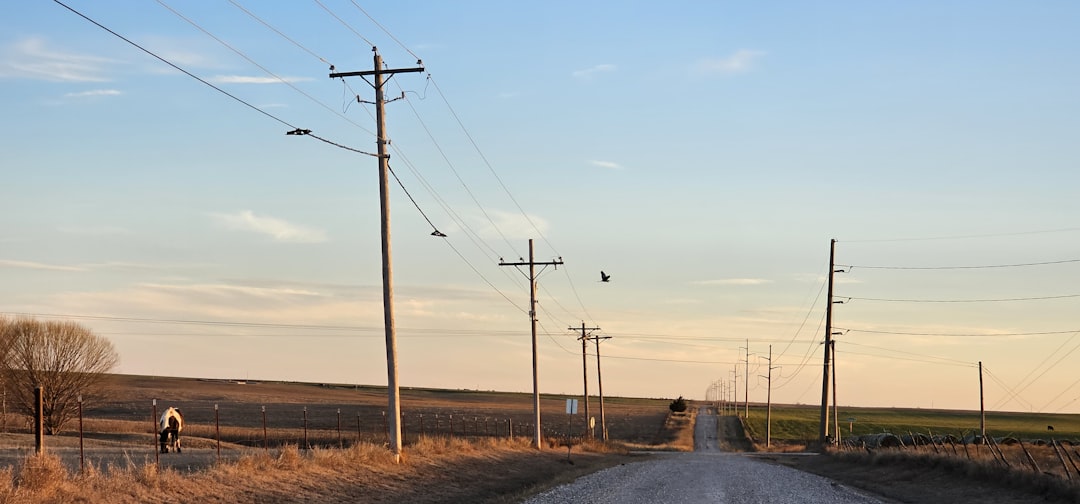Spam Text Oklahoma is a growing concern in the digital era, with unsolicited bulk texts causing annoyance and potential harm. The state's legal framework evolves to protect residents, targeting automated campaigns without explicit consent. The Muskogee Nation takes a proactive stance, leveraging historical resilience to raise awareness and defend against intrusive spam texts. Class-action lawsuits empower individuals to hold businesses accountable, while Native American tribes assert their rights in modern legal battles. A comprehensive approach is needed: strengthening telemarketing laws, public education, and advanced digital security to combat Spam Text Oklahoma effectively.
“In the digital age, spam text has become a pervasive issue, particularly in Oklahoma, where the Muskogee Nation has taken a proactive stand against this modern nuisance. This article delves into the complex world of spam text and its legal implications within the state, exploring historical perspectives and the unique role of Native American tribes. We examine class-action lawsuits, their impact on businesses, and potential solutions to combat this growing problem, offering insights into future regulations for spam text Oklahoma.”
Understanding Spam Text and its Legal Implications in Oklahoma

In the digital age, spam text has become a pervasive issue for Oklahomans. These unsolicited and often malicious messages inundate personal devices, ranging from promotional offers to phishing attempts. Spam Text Oklahoma refers to the growing concern surrounding this phenomenon’s legal dimensions. When businesses or individuals send bulk texts without proper consent, it can constitute a violation of state laws protecting consumers from deceptive practices.
The implications extend beyond mere annoyance; spam text can lead to identity theft, financial loss, and privacy breaches. Given the rapid pace of technological advancement, Oklahoma’s legal framework continuously evolves to address these challenges. Understanding Spam Text Oklahoma involves recognizing the rights of residents to be free from intrusive messaging and the obligations of senders to obtain explicit consent before deploying automated text campaigns.
The Muskogee Nation's Stand Against Spam: A Historical Perspective

The Muskogee Nation, with its rich history and deep roots in Oklahoma, has taken a strong stand against spam text messages, reflecting a significant historical shift in their approach to digital communication. For generations, the Muskogee people have been known for their resilience and determination, traits that extend to their modern-day efforts to protect their communities from the nuisance of unwanted spam texts.
Historically, the Nation has navigated various challenges, including land disputes and cultural preservation. As they entered the digital age, they recognized the need to adapt while preserving their values. The surge in spam text messages, particularly targeting Oklahoma residents, prompted the Muskogee Nation to take a proactive approach. They have been vocal about the impact of these texts, which often include misleading or fraudulent content, on their community and the broader state of Oklahoma.
Class-Action Lawsuits: How They Work and Their Impact on Businesses

Class-action lawsuits are a powerful legal tool where a large group of individuals, often affected by a similar issue or injury, join forces to take on a business or organization. In the context of Spam Text Oklahoma, these lawsuits have gained significant traction as a means to hold companies accountable for mass unsolicited messaging. When it comes to spam text messages, class actions can be particularly effective due to the widespread nature of the problem and the potential for large numbers of victims.
These lawsuits work by appointing a representative plaintiff who speaks on behalf of all affected parties. This process allows for efficient legal action against businesses that engage in widespread illegal practices, such as sending unsolicited text messages. The impact on businesses can be substantial, leading to financial penalties, changes in marketing strategies, and improved compliance with consumer protection laws. As a result, many companies now prioritize consent and opt-in mechanisms to avoid the legal and reputational risks associated with spam text messages.
Examining the Role of Native American Tribes in Modern Legal Battles

In recent years, the role of Native American tribes in modern legal battles has gained significant attention, particularly in the context of digital age issues like spam text lawsuits. Oklahoma, home to numerous indigenous communities, has seen a unique twist in these cases where Muskogee tribes have been at the forefront, leveraging their cultural and historical connections to assert rights in the digital realm. This shift is notable given the long-standing struggles of Native Americans to protect their sovereignty and lands, now extending into the virtual world.
The integration of technology has presented both challenges and opportunities for tribes. On one hand, digital platforms have facilitated communication and cultural preservation efforts. However, they’ve also introduced new legal landscapes where spam text messages targeting Oklahoma residents highlight issues of jurisdiction and privacy. Muskogee tribes are navigating these complexities, drawing upon their rich traditions of oral history, community values, and resilience to assert their presence in modern legal discourse, ensuring that their voices and interests are heard amidst the evolving digital landscape.
Potential Solutions and Future Regulations for Spam Text in Oklahoma

With the rise of spam text messages in Oklahoma, potential solutions and future regulations are essential to protect consumers from unwanted and invasive messaging. One approach is to enhance existing laws targeting telemarketing practices by closing loopholes that allow for mass, automated text messages. This could include stricter penalties for violators and improved consumer reporting mechanisms to track and stop spam text campaigns effectively.
Additionally, promoting public awareness about their rights regarding spam texts can empower Oklahomans to take action. Educational initiatives can inform residents about blocking numbers, opting out of marketing lists, and reporting suspicious activity. As technology evolves, so must regulations; implementing robust digital security measures for communication platforms can also prevent and deter spam text activities in the state.






